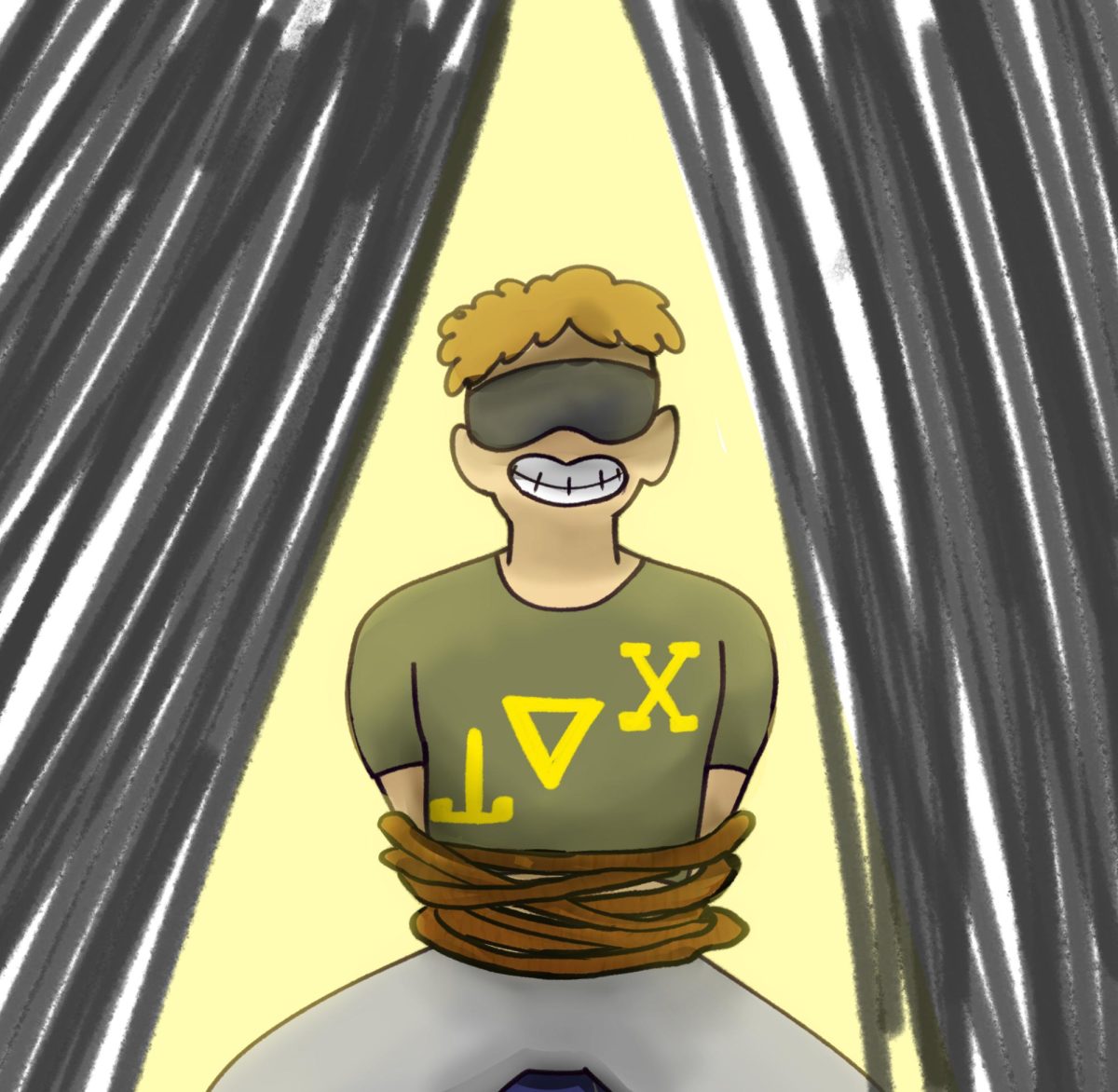The ninth Women’s World Cup came to a close on Aug. 20 after the Spanish women’s national team defeated the English team by a score of 1-0, earning the Spanish team their first title. This tournament, held in Australia and New Zealand, was filled with goals, young stars, shocking results and a new champion. The level of intrigue and entertainment made this tournament a huge milestone for women’s soccer as the game looks towards a promising future.
The group stage of the tournament began on July 20 and almost immediately made its mark in the form of goals, lots of goals. Women’s soccer giants such as Germany and Japan came up with 6-0 and 5-0 wins, respectively. Meanwhile, Brazil captured the hearts of the audience with their brilliant samba (a style of Brazilian soccer named for its resemblance to a Brazilian dance of African origin) goals that played over and over on devices around the world.
Many young faces made their names in Australia and New Zealand, proving to audiences that there is much more to come in the sport. Colombian cancer survivor Linda Caicedo introduced herself to the world at just 18 years old by leading her Colombian team through to the knockout stages with multiple highlight reel goals. South Korean and American 16 year-old Casey Phair became the youngest player ever to appear at a World Cup, even starting in one match for the South Korean team. Lauren James, a new superstar for the English team, surpassed her brother’s, Chelsea FC captain Reece James, expectations with a two-goal, three-assist win over China.
Despite brilliant starts from favorites Brazil and Germany, both would crash out of the group stages. Brazil was eliminated by Jamaica in just their second appearance at the World Cup, and Germany was knocked out by first-timers Morocco. Morocco, the first team from a Muslim-majority country to appear in the Women’s World Cup, made history by qualifying for the knockout rounds against all odds. Underdogs such as Morocco showed us that the days of powerhouses such as Germany, the United States and Brazil dominating the sport were over and that a whole new set of countries were just as ready for the occasion.
The U.S. Women’s National Team (USWNT) further proved that powerhouses were done dominating, as they crashed out earlier than they ever had in the tournament. The USWNT were disappointing all tournament as they seemed to have been left celebrating their 2019 win after winning the last two World Cups. They were easily stopped in 2023, eventually losing out on a dramatic goal-line penalty that sent Sweden to the next round.
The back end of the tournament provided the best game of the tournament, and, in turn, the eventual champion. Spain and Sweden were still tied in minute 81 when Spain scored what looked like the winner. Spain had seen more of the ball and had more of the shots, yet just seven minutes later, the game was tied again.
Spanish fans seemed dejected, but their players were not, as it took them less than 90 seconds to go back down the field and score the eventual winning goal. Luckily for the hearts of Spanish fans, the Spanish team had left all their antics in the semi-finals, as they scored early and held firm in their championship — winning 1-0 victory. Throughout the knockout rounds, no one ever really looked like they would beat Spain, and in the end, they were deserving champions.
While this World Cup was a brilliant watch, it also indicated a shift in the sport. This Women’s World Cup showcased just how far the game has come in the last four years alone. The goals and young stars showed the best of the world’s game, and the shocking results showed the arrival of parity to a once predictable event. This World Cup not only showcased the intrigue of women’s soccer, but also showed how far it has come since 2019. The goals, new young talent, entertaining games, and the arrival of new nations to the peak of the world’s biggest stage all proved the progress the sport has made. This tournament kickstarted a new era of women’s soccer, an era of intrigue, skill, drama and entertainment that we should all look forward to.














